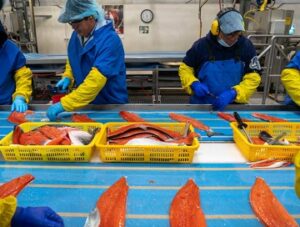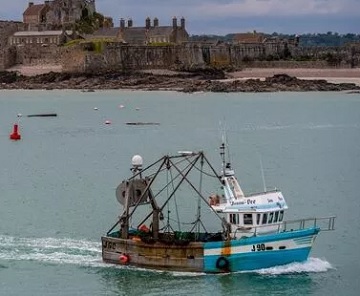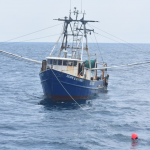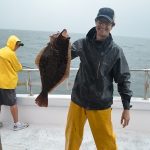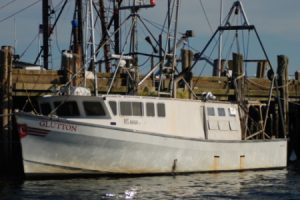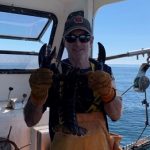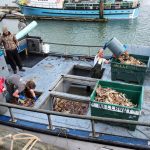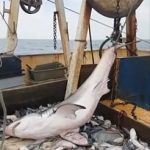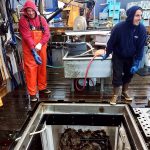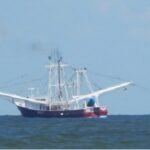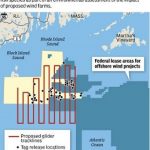Tag Archives: war in Ukraine
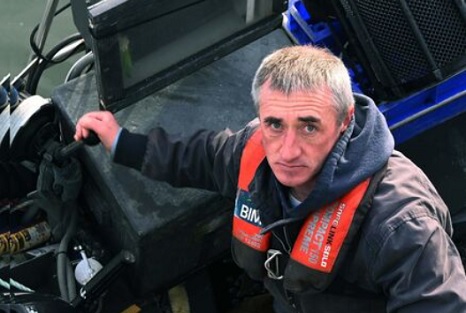
Calls for €12m fund to help inshore fishing industry
The Government is to be asked to give Ireland’s inshore fishers more than €12m to help them deal with the disruption to their markets caused by the war in Ukraine and the pandemic. The market in shrimp, for example, has collapsed, with one group of around 600 smaller inshore fishers losing an estimated total of €5m in the build-up to last Christmas. Their representatives have seen more than €100m in packages to help the much larger, offshore sector boat owners deal with the negative impacts of Brexit, which is mainly the cut in quota and resulting 40% fall in income. But they say that despite having 91% of the country’s entire fishing fleet, and employing the majority of Irish fishers, Ireland’s inshore sector has, by comparison, received around €3.7m. >click to read< 11:26
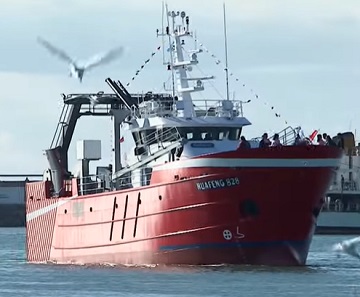
Shipyards Face Impacts of Inflation and War
With rising inflation and devaluation of the Argentine peso against the US dollar, Argentinian shipyards are beginning to feel the impact of their country’s disturbed economic situation, in addition to the far-reaching effects of the war in Ukraine. Rising food prices have a direct impact on labour costs, something that most employers in Argentina, including shipyards, have been feeling over the past years. But those companies are also having  to deal with the increasing prices of raw materials, especially steel and aluminium. According to Domingo Contessi, owner of Astillero Contessi, one of the traditional shipyards specialising in fishing boats, steel prices have gone up significantly since last year. ‘It’s a very complex situation. We have faced difficult times like this in the past, but never with such abruptness,‘ he reflected. Photos, Video, >click to read< 14:41
to deal with the increasing prices of raw materials, especially steel and aluminium. According to Domingo Contessi, owner of Astillero Contessi, one of the traditional shipyards specialising in fishing boats, steel prices have gone up significantly since last year. ‘It’s a very complex situation. We have faced difficult times like this in the past, but never with such abruptness,‘ he reflected. Photos, Video, >click to read< 14:41
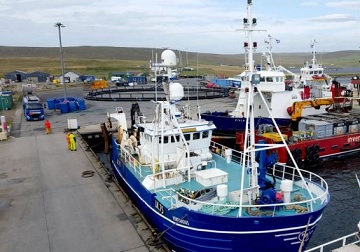
It’s hard to go green if you’re facing the red
It is a fact brought back into focus by the war in Ukraine. For decades, governments have promoted and promised a move away from oil and gas, getting ever greener, at least in their messaging, in response to the justified eco-concerns of modern-day voters, writes Daniel Lawson, newly appointed executive officer at the Shetland Fishermen’s Association. Now energy costs are rising even higher, our reliance on imports is being called into question – and our governments, who only a few months ago hosted the COP26 climate conference in Glasgow – are having to reconsider just how green our society can really afford to be in this moment. This sharp rise in fuel costs affects us all, every household, every industry. Such remains the scale of our reliance – still – on fossil fuels. The practical reality is that we can’t yet manage without oil and gas. It’s an example that highlights a wider point: it’s hard to go green if you’re facing the red. >click to read< 19:01
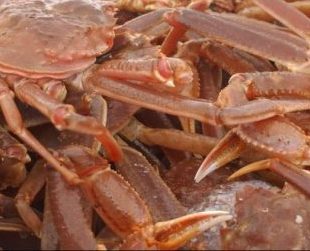
Atlantic Canada snow crab fishery hopes for another banner year
But concern over high fuel prices, fear of U.S. recession dampens hopes for one Nova Scotia processor. The snow crab fishery in Atlantic Canada is gearing up in hopes of another banner season in 2022, buoyed by expectations of more quota, high prices and less competition from rival nations. But will rising inflation, especially in the United States, and uncertainty over the war in Ukraine dampen the spectacular returns in 2021 when the fishery was valued at nearly a billion dollars? >click to read< 10:04
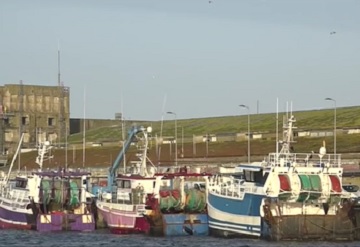
Fuel: in Lorient, the trawler Le Dolmen will not go to sea for glory
The war in Ukraine is yet to impact fully on the price of diesel fuel in the UK. Handline, inshore and gillnetters burn considerably less fuel than trawlers and even more so than beam trawlers – the biggest of which can typically consume somewhere in the region of £3,000 per day in red diesel – which means the expenses alone for a trip could exceed well over 50%. In Cornwall, CFPO are telling its members that, they’re very aware of the rising fuel costs & the toll this is taking on the fleet. Discussions between @GOVUK and industry are taking place. This Friday, @NFFO_UK will hold an emergency Executive Committee meeting on this issue. French fishermen are already reacting to the increase in their fuel costs as this translated story testifies. Video, >click to read< 12:35
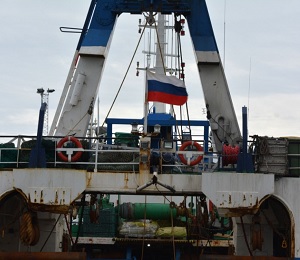
Massachusetts Seafood Collaborative calls for sanctions on Russian fish imports
The Boston-based Massachusetts Seafood Collaborative, which has several Gloucester members, is calling for sanctions to take a bite out of Russian fish imports because of the war in Ukraine. The collaborative, which counts the Gloucester Fishermen’s Wives Association as a member, said that in 2021, the U.S. imported $4 billion worth of Russian fish for processing, leading directly to jobs and paychecks for Massachusetts residents. “Though Russia blocks imports of American fish,” the collaborative said, “our commitment to free trade and open markets allowed this one-sided relationship to bear fruit. The invasion of Ukraine by Russia has forced our industry and our nation to decide between our ideals and our wallets.”>click to read< 08:42






